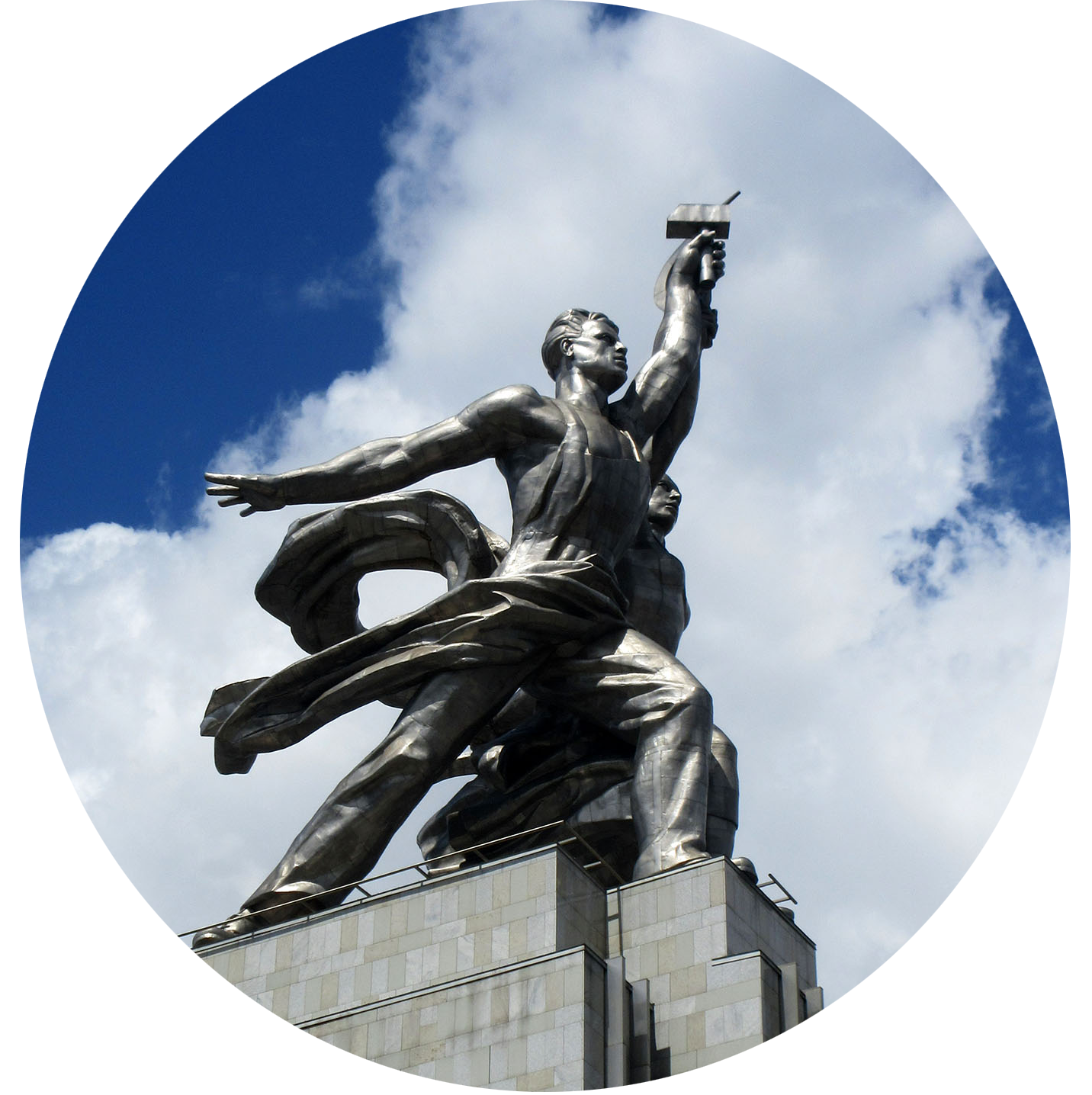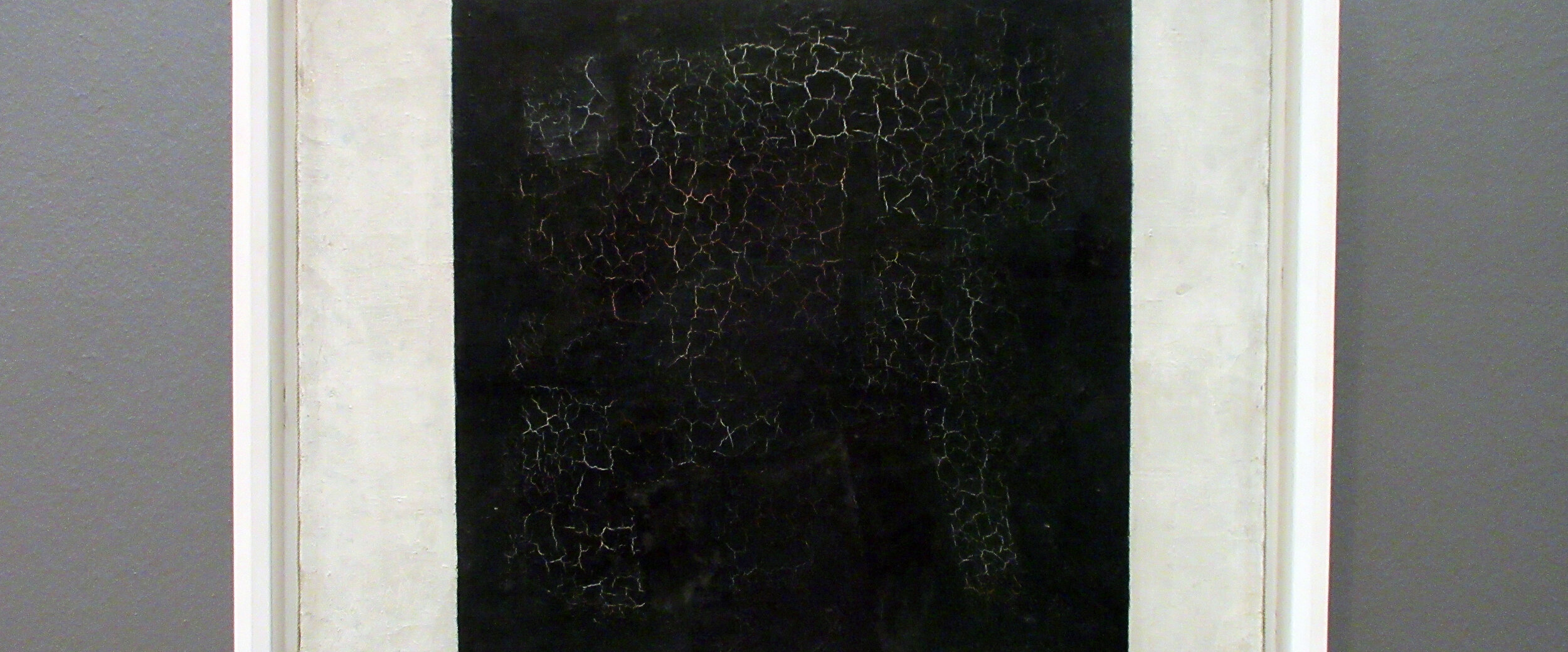Three Depressing Poems
Wow, Russian literature has some freaking depressing poems. But that’s why we read it, after all. In some class once I had cause to break into a rant about depressing poems, and these three short ones came to mind. Of course there are many other longer ones (Derzhavin’s “River of TIme” has got to be right up there — actually, it too is very short, but I’ve already posted it; Voloshin’s “Terror” would be another obvious choice; Akhmatova’s “Requiem,” of course — gosh, there are just so many…), but these three just get right to the point — or rather, to the pointlessness (of everything). And it seems the only thing more depressing than Russian poetry are the biographies of Russian poets. The first poem today is by Batyushkov (who went mad); the second is by Tyutchev (who watched the love of his life die of tuberculosis, and then wrote a cycle of some of the most heart-rending poetry I’ve ever laid eyes on), and the final poem is by Lermontov (who died in a ridiculous duel at the ripe old age of 26).
Do you know what
Old Melchizedek said, as he bid life farewell?
Man is born a slave,
And he goes to his grave a slave,
And death is hardly likely to tell him
Why he walked through this strange vale of tears —
Suffered, wept, endured, and disappeared.
Ты знаешь, что изрек,
Прощаясь с жизнию, седой Мельхиседек?
Рабом родится человек,
Рабом в могилу ляжет,
И смерть ему едва ли скажет,
Зачем он шёл долиной чудной слез,
Страдал, рыдал, терпел, исчез.
1821 (?)
Nature is a sphinx. And all the more surely
Does she ruin man with her temptation,
By the fact that, quite possibly,
She has no riddle — and, indeed, never had one.
Природа — сфинкс. И тем она верней
Своим искусом губит человека,
Что, может статься, никакой от века
Загадки нет и не было у ней.
1869
Life’s Chalice
We drink the chalice of existence
With blindfolded eyes,
Moistening its golden rim
With our tears.
And when, just before death,
The blindfold falls from our eyes,
And everything that so enchanted us
Vanishes, together with the blindfold,
Then we see
That the golden chalice was empty,
That the drink within it was — a dream,
And that the dream — was not our own!
Чаша жизни
Мы пьём из чаши бытия
С закрытыми очами,
Златые омочив края
Своими же слезами.
Когда же перед смертью с глаз
Завязка упадает,
И всё, что обольщало нас,
С завязкой исчезает —
Тогда мы видим, что пуста
Была златая чаша,
Что в ней напиток был — мечта,
И что она — не наша!
1831





